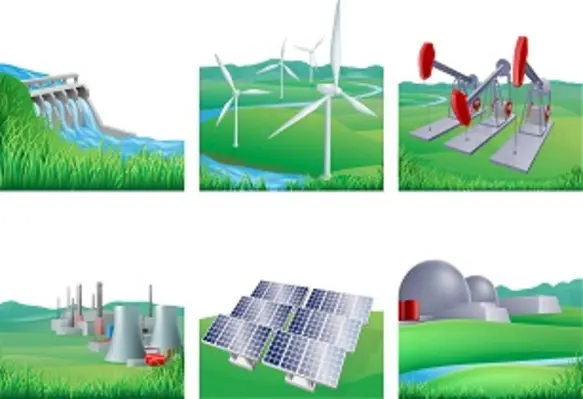Dr. Scott Tinker, director, Bureau of Economic Geology, The University of Texas at Austin, talks about the challenges we face in addressing the multiple and varied needs of energy markets throughout the world. He will be delivering the “Boulos Lecture Series” at the forthcoming International Energy Summit (IES) hosted by the AIEN in Miami from 30 May to 1 June
Energy and economic diversity result in several realities. First, all energy sources have benefits and environmental impacts. Second, not everything can, or should, be electrified. Third, intermittent sources of electricity such as solar and wind require expensive backup to make them reliable. Finally, secure energy – affordable, reliable and safe – underpins economic health, and provides governments with the ability to invest in the environment, including atmospheric emissions reductions. Recognising these realities sets the framework for a balanced dialogue about energy, climate, poverty, and other global issues.
Energy security is a primary objective of every global leader, but this depends on affordable, reliable energy sources, which vary from region to region. In 2021 Russian natural gas pipeline and LNG imports accounted for almost 40% of total EU natural gas consumption. With the war in Ukraine, Russia weaponised its gas and left Europe exposed to energy shortages and extortionately high prices for gas and electricity. In Europe, where oil and gas production are limited, there is a fervent push to improve energy security via solar, wind, electric vehicles and possibly hydrogen, using climate as motivator for public support. However this policy requires a lot of investment in global supply chains for solar panels, wind turbines and batteries, which is reliant on metal processing markets, an area dominated by China.
In China, energy security is provided by coal, hydro, solar, wind, batteries and nuclear, since they also have limited oil and gas resources. In much of Latin America, Africa, SE Asia and the Middle East, energy poverty is significant, and energy security comes with access to coal, oil and natural gas.
In the US, approaches to energy security vary by region as a function of energy resources and politics, with states opposed to fossil-fuels often importing large amounts of energy and pressing for solar, wind and batteries. The problem with taking hard lines on policy is that you remove ‘energy optionality’ and, if you start eliminating options by law, markets respond badly.
Demographics also play a part in the energy jigsaw and the balance of global power. As India’s demand for energy grows, it will be interesting to see whether it turns to China, Russia and the Middle East, or to the west for partners. Its decisions alone have the potential to change energy markets and shift the axis of global strength.
We waste a lot of energy and need to do more with fewer resources, and a focus on efficiency is a vital part of the energy transition. We need to and are building systems that harness energy, but this takes a lot of materials, which will age and need replacing. Everything has an impact, and we need to move away from binary thinking and start improving how we use materials and better optimise how we use the energy we generate.
Solar and wind power are good options in some settings. Indeed, one third of Europe’s electricity now comes from renewables. However, because they are intermittent, to make them reliable and resilient requires solutions for energy storage or backup. In addition, their energy density is much lower than traditional energies.
In terms of pricing carbon, offsets and credits have their place, but they do not necessarily get rid of emissions. Carbon capture technology is feasible, but currently expensive and needs to be at a much larger scale if we are going to significantly reduce emissions.
Energy underpins so many of the things that are important in the world, and, at the end of the day, we need to lower emissions without imploding economic systems and putting power into the hands of countries that threaten global security. Different countries have different forms of energy depending on their geography, and different forms of energy do different things. Secure energy underpins healthy economies, and healthy economies allow for environmental investment.
The goal should be to model civil dialogues and critical thinking around specific topics, accept opinions are not the same, and understand why. If we can understand the complexity of the ‘energy trilemma’, we will address the challenges we face.










